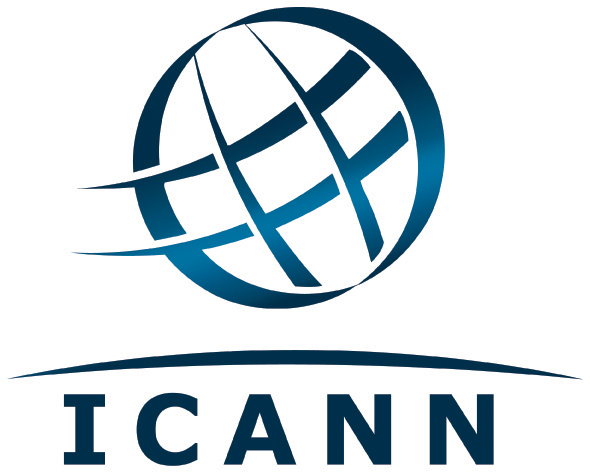On Thursday, ICANN, the Internet Corporation for Assigned Names and Numbers, plans to open the floodgates to an entirely new world of new domain extensions. The impact to affiliates and advertisers is not to be diminished.
Based on the rules set forth by ICANN, companies or organizations with $185,000 can plunk down an application for ownership of their own domain extension. This extension can be any word or acronym: “.affiliates”, “.advertisers”, or anything else imaginable. ICANN insists, of course, that there will be a thorough review process of all applications. Regardless of how stringent the application process may be, the fact remains that new domain extensions will emerge, bringing about several problems for domain owners.
Increasing Overhead for Brand Advertisers
For large brand advertisers, these new changes may result in a significant rise in their domain registration costs. Today, many large brands choose to protect their names by purchasing all domain extensions associated with them. This goes beyond the typical “.com” and “.net” extensions. It also includes dozens of country code domain extensions, like “.co.uk” and “.ca”. If ICANN grants approval for hundreds of applications, advertisers will be forced to purchase new domain extensions for their brands (if available) on top of those they already pay for.
Affiliate Damage Control
For affiliates who own successful and visible affiliate websites, there will be an increased risk of site spoofing. Of course, affiliates already deal with this issue every day, with many imitators purchasing domain names that sound similar to theirs, or which contain a common typo of their name. Super affiliates may assign someone in their organization to spend an hour per week checking all the current domain extensions for violations of their site name. With the rollout of hundreds or even thousands of new extensions, the time required to review potential violations will increase dramatically. More sophisticated rip-offs and scams will also become possible.
More Sophisticated Scams
For example, super affiliate A has the domain name entitled 32WaysToSuccessfulSales.com. He is driving $500,000 of revenue per month. Much advertising is carried out to support the website. “32 Ways to Successful Sales” gains brand recognition among consumers, and word gets out that super affiliate A’s website is doing well. A couple of days later, a new website emerges called 32WaysToSuccessfulSales.now. The copycat does a black-hat, SEO marketing campaign and soon starts siphoning business. What is worse is that the copycat is using false advertising, failing to fulfill eBook orders, and using buyers’ credit cards to charge up thousands of dollars of expenses.
The affiliate is not alerted to the issue until his Better Business Bureau (BBB) rating has been hit and his customer support line is jammed with angry, ripped-off customers thinking he is to blame for the damage. It is a lot harder to convince angry customers that the affiliate only owns the dot com domain rather than the dot now domain, as the customer is looking at a similar if not identical site with the same name as the affiliate.
Unfortunately, ICANN is steaming ahead with their roll-out, despite strong opposition from numerous, governmental and industry groups. Affiliates should begin preparing their organizations for these changes now.




